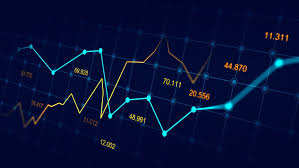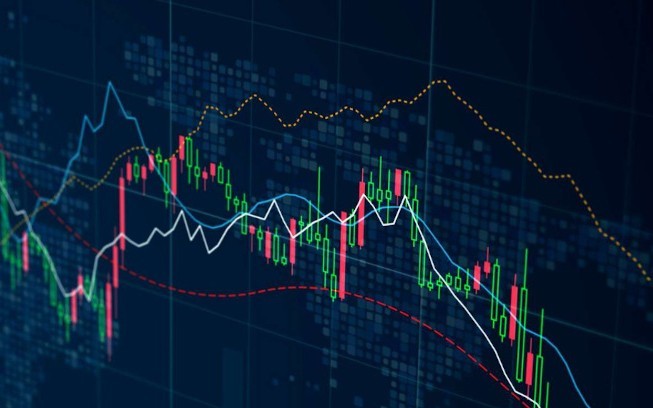
How to Get Started with Forex Trading: A Comprehensive Guide
Forex trading can seem daunting at first, but once you grasp the basics, it can be an exciting venture. For newcomers, understanding the intricacies of the foreign exchange market is crucial before diving in. If you’re located in Argentina, you can find various resources and platforms to help you begin your journey, such as how to start forex trading Forex Brokers in Argentina.
What is Forex Trading?
Forex, or foreign exchange, refers to the global marketplace for buying and selling currencies. Unlike stock markets, the Forex market operates 24 hours a day, five days a week, and is decentralized. Traders exchange currencies with the aim of making a profit based on market fluctuations.
Understanding Currency Pairs
In Forex trading, currencies are traded in pairs, such as EUR/USD or GBP/JPY. The first currency in a pair is known as the base currency, while the second is the quote currency. The exchange rate indicates how much of the quote currency is needed to purchase one unit of the base currency.
Types of Currency Pairs
There are three main types of currency pairs in Forex trading:
- Major Pairs: These include the most traded currencies, such as USD, EUR, and JPY.
- Minor Pairs: These pairs do not involve the USD but include other major currencies.
- Exotic Pairs: These pairs consist of a major currency and a currency from a developing economy.
Choosing a Forex Broker
The first step in starting your Forex trading journey is selecting a reliable broker. Look for a broker that is regulated, offers competitive spreads, and provides a user-friendly platform.
Key Factors to Consider
- Regulation: Ensure the broker is regulated by a reputable authority.
- Trade Execution: Check for fast execution speeds and minimal slippage.
- Leverage: Understand the leverage options offered and choose one that fits your trading style.
- Account Types: Brokers often provide various account types. Choose one that aligns with your trading strategy.
Understanding Trading Platforms
Your broker will provide a trading platform where you’ll execute your trades. Popular platforms include MetaTrader 4 (MT4), MetaTrader 5 (MT5), and various proprietary platforms. Familiarize yourself with the features and tools available on your chosen platform, as they can greatly influence your trading success.

Practice with a Demo Account
Before investing real money, it’s wise to practice on a demo account. Most brokers offer this feature, allowing you to simulate trading with virtual funds. This is an excellent way to familiarize yourself with the platform and hone your trading strategies without the risk of financial loss.
Advantages of a Demo Account
- You can test your trading strategies in real market conditions.
- It allows you to adjust to the trading platform without pressure.
- You can learn to control emotions that come with trading.
Developing a Trading Strategy
A key component of successful trading is having a well-defined strategy. Whether you prefer technical analysis, fundamental analysis, or a combination of both, ensure your strategy aligns with your risk tolerance and trading goals.
Types of Trading Strategies
- Scalping: Quick trades that aim to capture small price movements.
- Day Trading: Buying and selling within the same trading day to benefit from intraday price changes.
- Swing Trading: Holding trades for several days or weeks to capture longer-term trends.
- Position Trading: Long-term trading based on fundamental analysis.
Risk Management in Forex Trading
Risk management is crucial to ensure longevity in Forex trading. Using tools such as Stop-Loss and Take-Profit orders can help protect your capital. Always calculate your risk-to-reward ratio before entering a trade.
Effective Risk Management Strategies
- Set a Risk Limit: Never risk more than a small percentage of your account on a single trade.
- Diversify: Avoid putting all your capital into one trade. Diversifying can help reduce overall risk.
- Utilize Stop Losses: Always use stop losses to prevent significant losses from trades that move against you.
Continuously Educate Yourself
The Forex market is dynamic, and continuous education is vital for success. Follow market news and updates, engage in webinars, and read books or articles about trading strategies and market trends. Joining trading communities can also provide valuable insights and support.
Conclusion
Starting your Forex trading journey can be both exciting and challenging. By understanding the fundamentals, selecting a reputable broker, practicing diligently, and implementing sound strategies, you can position yourself for success in the world of Forex. Remember, patience and continuous learning are key factors in becoming a successful trader.

